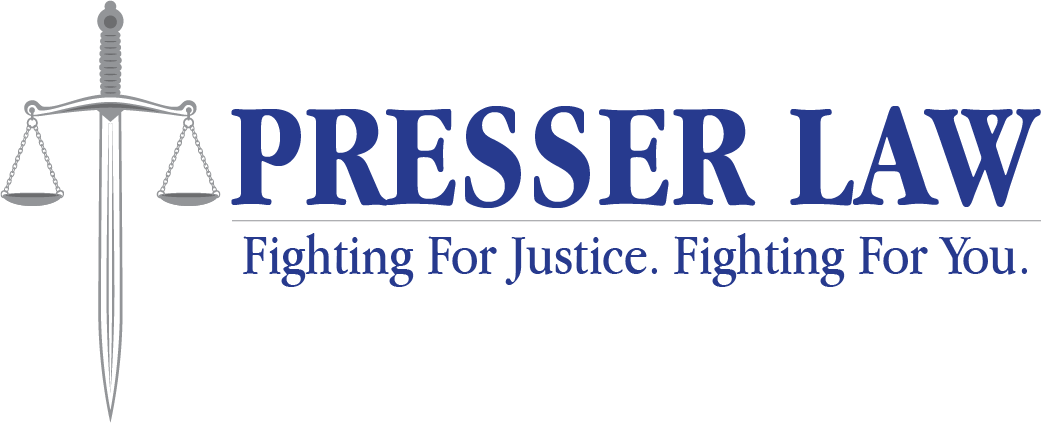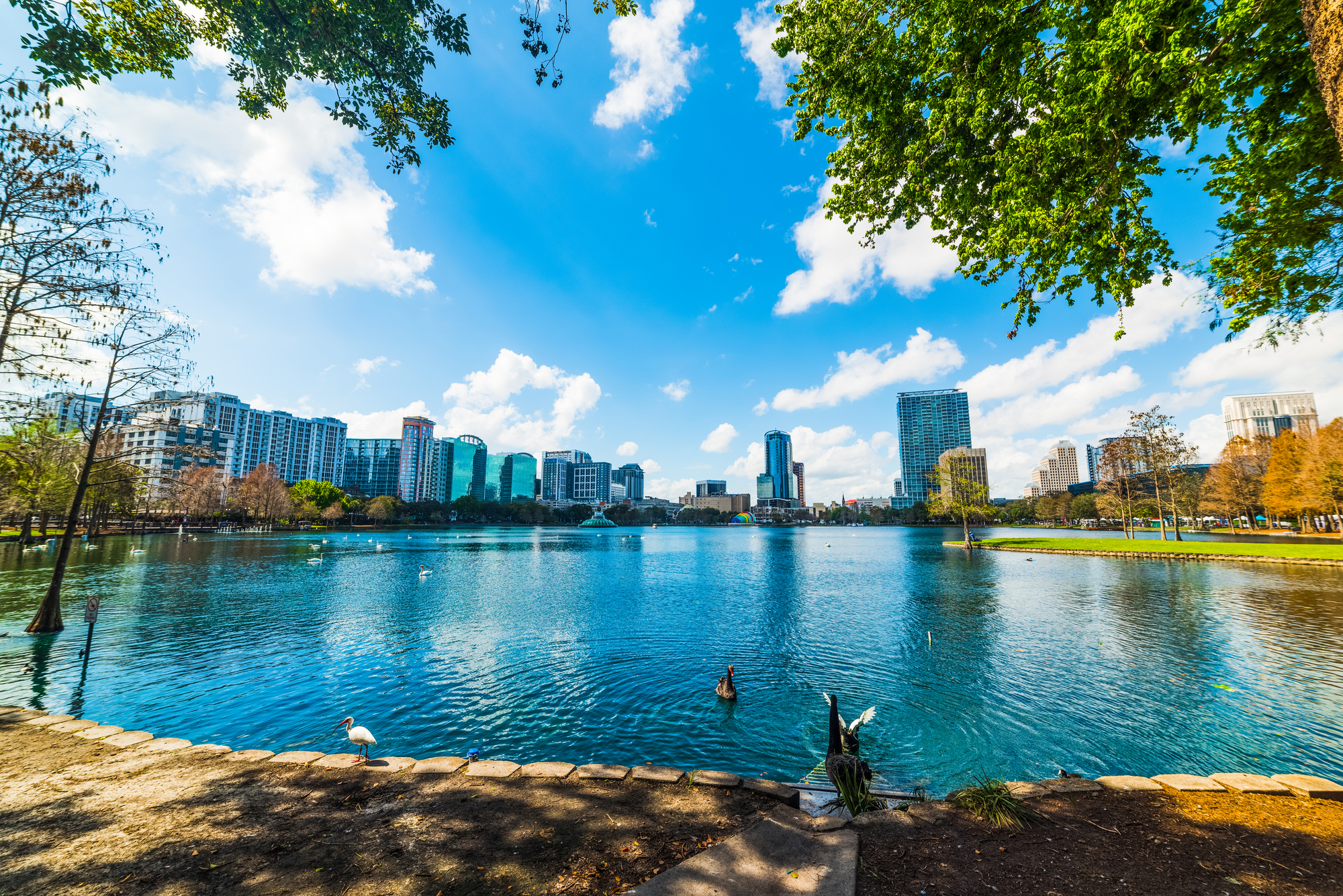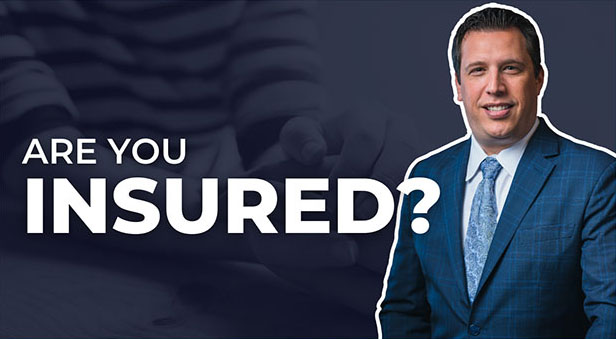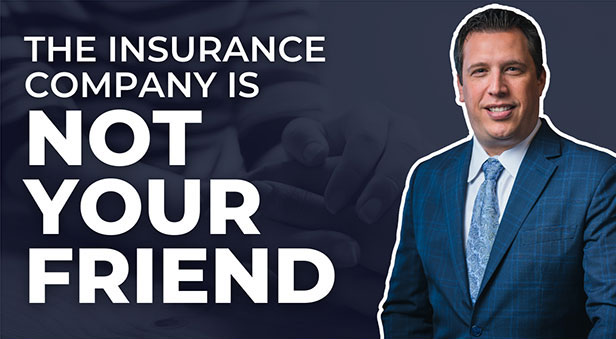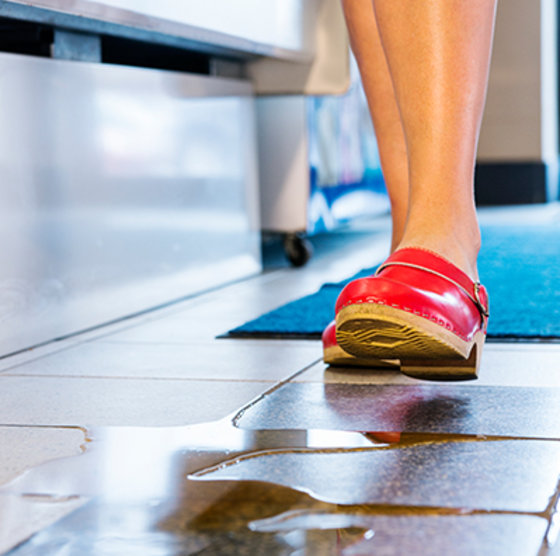
Slip and Fall or Trip and Fall Law
Slip and fall and trip and falls are some of the most common injuries claims after motor vehicle crashes. The reason an injured person fell is usually not because they forgot how to walk. Rather, many dangerous conditions can cause someone to fall. Examples include elevated or cracked sidewalks or food or liquid on the floor. Most of us have also encountered the ultra slippery-when-wet paint in a crosswalk.
Florida has a statute outlining what slip and fall or trip and fall injury victims need to prove in court. Florida requires fall injury victims prove a business establishment had actual or constructive knowledge about the dangerous condition which caused the fall or otherwise created the dangerous condition. So what’s the difference and how can you document the incident? We explore these issues below.
Actual Knowledge:
Actual knowledge involves a business, or its employees, actually being aware a dangerous condition and not correcting the condition. What the specific dangerous condition is can vary. Dangerous conditions can be anything from water or food on the floor to cracked or raised sidewalks. While actual knowledge may seem obvious to prove, it is not always easy. Oftentimes, employees provide cover for their employers or a full investigation is not undertaken.
In Publix v. Bellaiche, a woman slipped and fell due to water in one of the aisles. The woman and her husband testified that they saw Publix employee with a mop in their hand after the fall. Neither the woman nor her husband testified that the mop was wet or being used at the time. Publix employees testified that they did not utilize wet mops. The court found there was no evidence of actual knowledge of the dangerous condition by Publix. As a result, a jury verdict in favor of the injury victim was reversed.
Constructive Knowledge:
Constructive knowledge does not require actual knowledge to be held liable for injuries to patrons. Instead, where a dangerous condition has 1) existed for such a length of time that the establishment should have known about it, or 2) that the condition occurred with regularity and was foreseeable, a court may find that a business was on constructive knowledge of a dangerous condition. Constructive knowledge is a fact-intensive analysis. It’s focus is determining what the dangerous condition is and where it came from, how long it had been present, how often it occurred and many other facts.
There is no bright line rule as to how long a dangerous condition must be present for constructive knowledge to attach. However, in Walker v. Winn-Dixie, the court found that less than four minutes was insufficient to prove constructive knowledge.
Active Negligence:
Active Negligence requires action, or inaction, of a business in creating the dangerous condition which injures a patron. It does not require actual or constructive knowledge of the condition. Instead, the creation of the condition which harmed the guest is the basis for liability. Active negligence can come in many forms including failing to enforce their own safety rules.
Documenting the Incident:
If you injured because of a fall, it is important you document the incident and your injury. How do you do that? Here are a few things you can do:
- Note the area where you fell and what you slipped and tripped over.
- Photograph the substance or condition that caused your fall from various angles and distances.
- Write down any statements you recall from employees, especially if those statements indicate they knew of the dangerous condition.
- Obtain the names and contact information of any witnesses.
- Obtain a copy of any incident report you are asked to fill out.
- Photograph any visible injuries.
- Preserve any clothing that may have any substance on it and save the shoes you were wearing.
Get Your Free Slip and Fall or Trip and Fall Case Review Today
If you have been injured in a slip and fall or trip and fall, call me at 407.216.2000 or click HERE for a free case review. I have helped many fall injury victims find their justice and I would be honored to help you as well.
Click For Free Case Review
______________________
For more information or to speak with a lawyer about your legal rights following an injury, call 407.216.2000, email me at [email protected] or click for a free attorney case review.
Presser Law, P.A. is a Central Florida injury firm proudly serving all injury victims throughout Central Florida residents of Brevard County, Lake County, Osceola County, Orange County, Seminole County, and Volusia County.
Presser Law, P.A. was founded on the idea that injury victims deserve aggressive and straight forward representation to help them through some of their most difficult times. “Fighting for Justice. Fighting for You.” is more than a motto. It is our promise and reminder to our client’s that we will be with them, fighting to make sure they receive the compensation they deserve.
